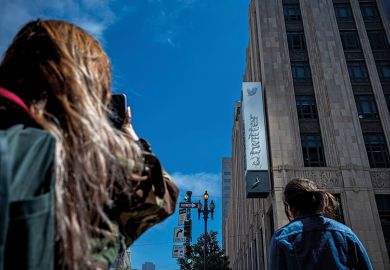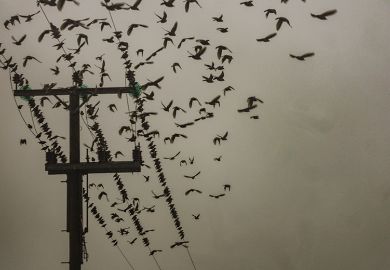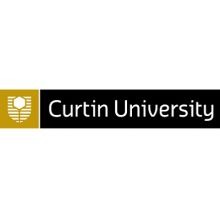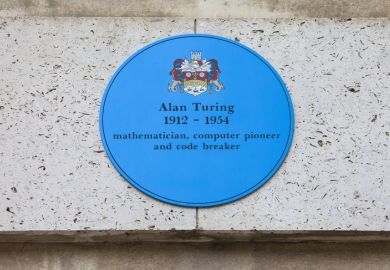Posting about research on social media helps it “escape from the ivory tower” but does not boost its likelihood of being cited, scientists have found.
Research by 11 academics in five countries has concluded that when scientific influencers post about research on X – formerly Twitter – far more people are exposed to it. But the “bump” in citations is not statistically significant.
“The average scientist should therefore not expect a detectable increase in citations resulting from tweeting about their papers,” the authors report in the journal Plos One. “More eyeballs on papers does not necessarily result in higher citation counts. Instead, higher citation counts of highly tweeted papers reflect [their] underlying value.”
Research that captures social media attention also tends to garner many citations. But this could simply demonstrate that “good papers are good” – research findings “exciting, novel and timely” enough to seize the general public’s imagination also attract the attention of scientists.
The authors said only a “controlled scientific experiment”, with some randomly selected articles posted on X and others not promoted in this way, could determine whether tweets caused more citations. But previous attempts at such experiments had proven inconclusive.
One study found that Twitter promotion had no significant impact on papers’ citations or downloads, but sceptics observed that the tweeters had few followers. Another study suggested that Twitter promotion more than doubled papers’ citations, but sceptics pointed out that the tweets had offered free access to the articles. And no studies had mimicked scientists’ typical approach of highlighting papers they liked with “one or two tweets”.
In the new study, each of the 11 authors – life science academics with an average of about 20,000 X followers each – posted summaries of one randomly chosen article a month for 10 months and avoided posting about another four other randomly selected articles from the same editions of the same journals.
Metrics from the 110 shared papers and 440 control articles, including citation counts, Twitter traffic and “Altmetric attention scores” – which reflect engagement via newspapers and blogs as well as social media – were captured before the posts were sent, and a month and three years afterwards.
By the end of the study, the shared articles had garnered more than twice as much X traffic as the control articles. Their Altmetric scores were 81 per cent higher, on average, but their citations were only about 12 per cent higher.
The authors calculated that a sample of almost 4,000 articles might have been required to determine whether the differences in citations were statistically meaningful.
The findings suggest that scientists primarily use social media “for distributing information rather than for discovering new scientific findings within their specific areas”, said co-author Melissa Márquez, a PhD candidate at Curtin University in Perth.
“While tweeting may broaden the audience and increase awareness of scientific research among the general public, it may not directly impact the scholarly recognition of a paper within the academic community.”
This does not negate its value, the paper stresses. “As a group of authors, we have all benefited greatly from…building an online community where we learn from others. Some of this work has resulted in scientific papers and collaborations that would not otherwise have happened, including this very paper.
“Perhaps the real value of online public science engagement is how many friends we added along the way and the knowledge we shared with, and gained from, our online communities.”
Register to continue
Why register?
- Registration is free and only takes a moment
- Once registered, you can read 3 articles a month
- Sign up for our newsletter
Subscribe
Or subscribe for unlimited access to:
- Unlimited access to news, views, insights & reviews
- Digital editions
- Digital access to THE’s university and college rankings analysis
Already registered or a current subscriber? Login









